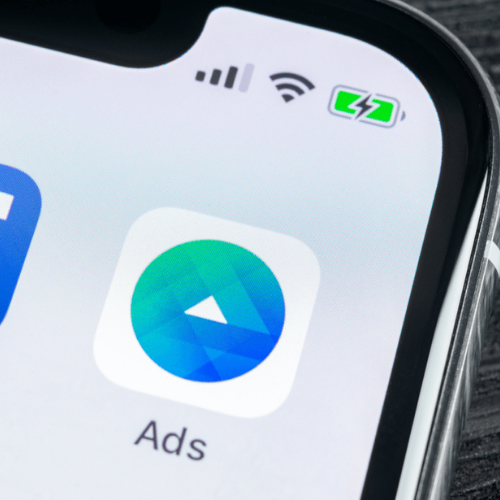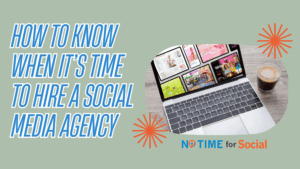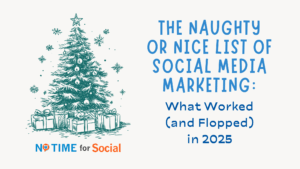On June 17th many civil rights groups, including the NAACP, asked brands to boycott Facebook by stopping ad spend on Facebook for the month of July. This is to protest the company’s policies on hate speech and misinformation. The protest is called the “Stop Hate for Profit”.
Currently, Facebook’s hate speech policy allows for some hate speech, but not others. It depends on the context. “Where the intention is unclear, we may remove the content.” They define hate speech as “a direct attack on people based on what we call protected characteristics” such as sex, gender, ethnicity, religion. Some cases of hate speech may be protected. Some examples are when “raising awareness or educating others” or using “gender-exclusive language to control membership” or “express contempt in the context of a romantic relationship”.
Who’s participating?
Unilever
Unilever, a consumer goods giant, said it would stop ad spend on Facebook and Twitter through the end of 2020. The company said in a statement, these platforms need to improve “in the areas of divisiveness and hate speech during this polarized election period in the U.S.”
Coca-Cola
Coca-Cola also paused social media advertising on the same day. The pause will last for at least 30 days globally. They are asking for more accountability and transparency from its social media partners. Coca-Cola’s ad spend not only includes Facebook, but Twitter, Snapchat, and YouTube.
Starbucks
Starbucks also announced their plan to boycott advertising on social media platforms—including Facebook. Last year they spent almost $95 million on Facebook, making it the platform’s sixth-largest advertiser.
Other Big Names
The North Face and REI were the first to boycott on June 19th. They both pulled spending from Facebook and Instagram. North Face told Forbes they are pausing their social media spend “until stricter policies are put in place to stop racist, violent or hateful content and misinformation circulating on the platform.”
Other companies, like Verizon, joined to a certain degree.
Facebook’s response
While he didn’t mention the boycott, Mark Zuckerberg said the company will start labeling posts that violate its policies but are deemed “newsworthy”. An example of a newsworthy post is a post from public figures like politicians. He also moved to ban hate speech in ads and prevent voter suppression on the platform. Here is the campaign’s response to the town hall.
But will it work?
While it’s a great idea and movement, will it actually work? Some analysts doubt Facebook would be negatively financially impacted. Gizmodo discovered that “defund Facebook” has different meanings to some companies. Some are just stopping investing money in Facebook, but not its sister platform, Instagram. Or boycotting both platforms but still giving money to Facebook Audience Network. Facebook Audience Network runs targeted ads to Facebook users across third-party apps they might download. Some of the big third-party apps are TikTok and Tinder.
Small and mid-size businesses make up the majority of Facebook’s 8 million advertisers. CNN reported it will “likely take tens of thousands of them, acting over a significant period of time, to put a big dent in Facebook’s bottom line”. While big companies are starting the trend, it’s not enough. The movement needs to reach all businesses to make an impact.
Yet the data says otherwise. After Unilever and Coca-Cola pulled out, Facebook shares fell more than 8% and Twitter’s stock also suffered a 7.4% decrease.
Are you participating in the campaign? Do you think this is helping make a difference against racism? Join the conversation on Facebook!




